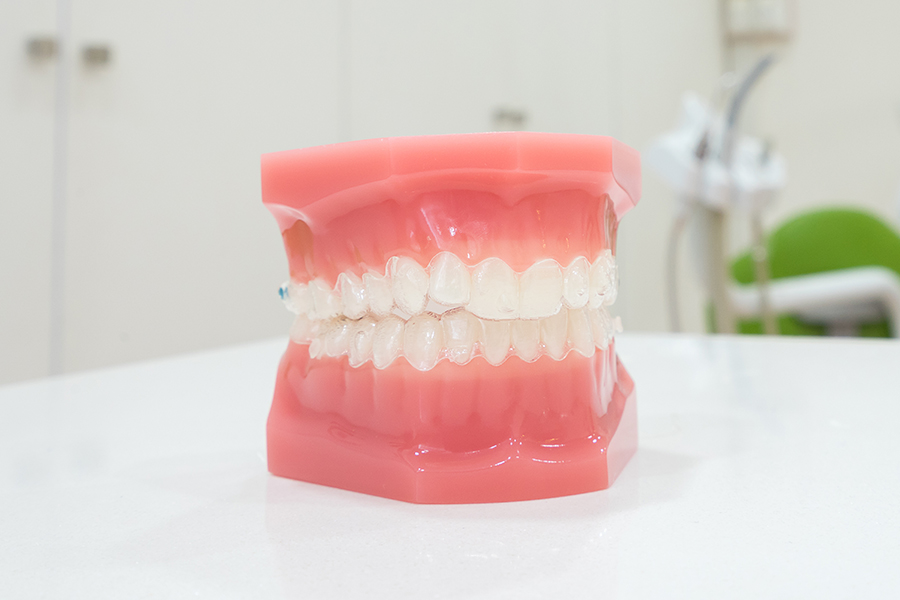Natural Ways to Stop Snoring

Snoring is a side effect of anatomical anomalies, sleep apnea, nasal congestion, and a few other issues. It can also drive you or your partner crazy. While there are several treatment options, most of these involve medication, devices, or surgery. Here are a few tips for getting your snoring under control the natural way.
Lifestyle Changes to Address Snoring
In some cases, snoring can be practically eradicated just by changing lifestyle choices. Snoring results from the vibration that occurs when you’re breathing in the same amount of air as normal, but forcing it down a smaller passage. Essentially, everything relaxes when you sleep, but for some people, certain factors influence the relaxed muscles to relax further than normal and block their airway. The air is traveling more forcefully because the same amount of air is passing through a smaller space. This creates vibrations on the relaxed tissue—a.k.a., snoring.
Drinking alcohol naturally relaxes the body more than normal: when you drink too much alcohol before going to sleep, the same muscles and tissue that create snoring relax more as well. According to the Mayo Clinic, alcohol also “decreases your natural defenses against airway obstruction.” If you’re already prone to snoring, drinking can make it that much worse. Cutting back on the alcohol before bed may be just the trick. Cigarettes are another bad habit that contribute to snoring.
Additionally, obesity can play a big role in snoring. It increases the chances of having extra tissue in the throat. Work some exercise into your schedule and change your eating habits. Even shedding a few pounds might help with your snoring—not to mention many other health concerns. Even if you’re a healthy weight, extra fat around the neck may be indicative of your snoring cause. Check into neck exercises to slim up that area. Furthermore, there are some exercises specifically for treating snoring that might be helpful for you. Even singing can help with muscle control while you’re sleeping.
Getting enough sleep (about 8 hours a night for adults) is another easy trick for dealing with snoring. Being deprived of sleep can actually make snoring worse, so be sure to get regular sleep.
Anatomy and Underlying Conditions
Losing weight and giving up the wine unfortunately won’t be the cure for every case. For some, the problem might be an elongated uvula, a soft palate that’s bigger than normal, or a deviated septum. In other cases, the issue might have more to do with chronic nasal obstruction due to allergies or other respiratory issues. You might have to get a little creative or try combining multiple methods in hopes of a “cure.”
Since sleeping on your back can be a major instigator of snoring (it forces lose tissue and the tongue into the throat back, naturally narrowing airways), try to avoid it. Sleeping on your side is best for managing constant snores. Since it’s hard to ensure you stay on your side all night, experts recommend sleeping with your back to a large pillow or sewing something small and hard (like a tennis ball) into your pajamas. This will help keep you from rolling over. Alternatively, sleeping a little bit upright (about 4 inches) to mimic a sitting position can also help by allowing all of the tissue to fall downwards rather than towards the back of the neck.
If the issue is chronic congestion and you want to avoid antihistamines and their ilk, try a neti pot or essential oils. Inhaling eucalyptus and peppermint can help clear out the sinuses. However, applying them to the skin directly and undiluted can result in burning pain.






